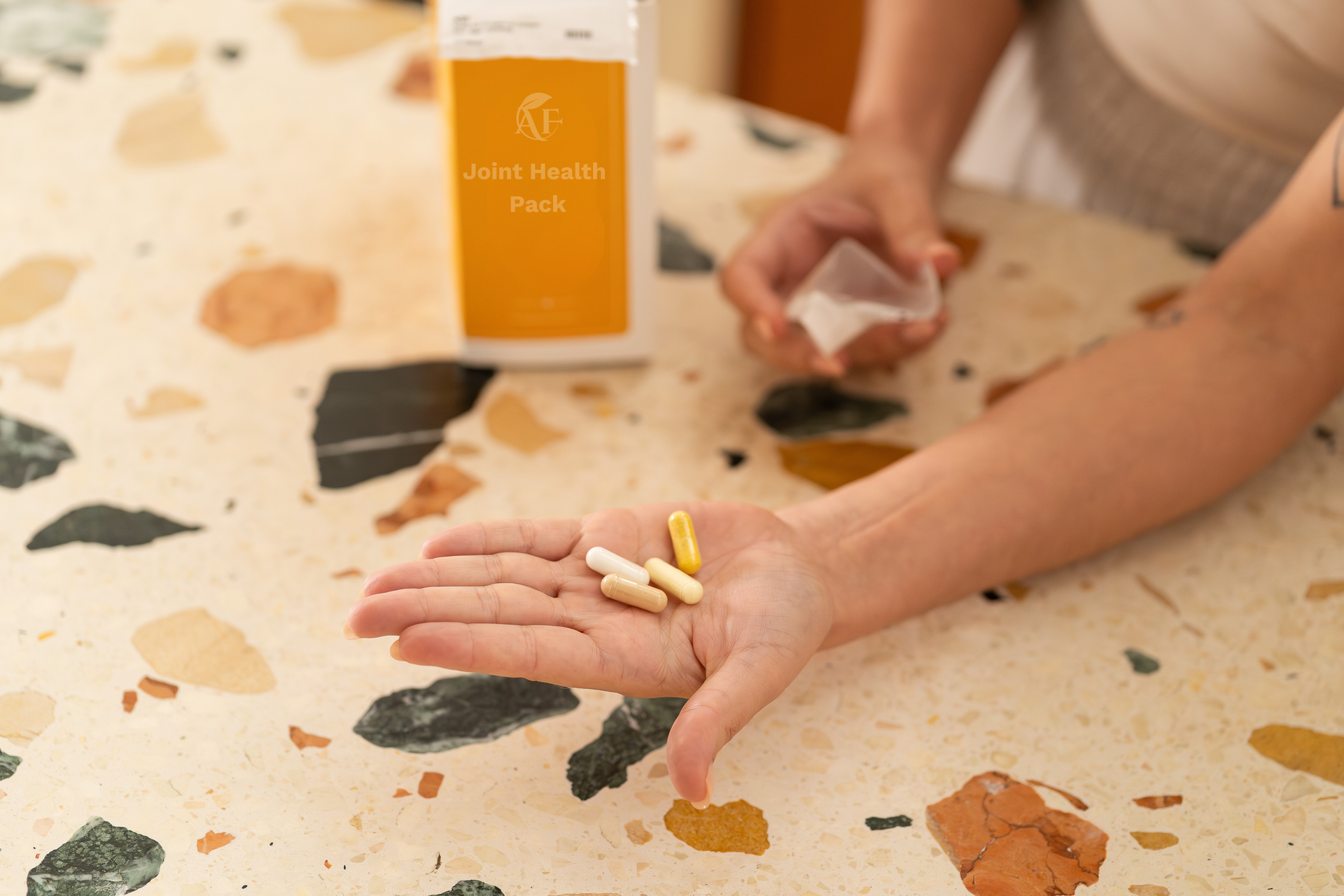MANAGING 2 TYPES OF DIABETES
A NUTRITION GUIDE FOR BETTER HEALTH

Managing type 2 diabetes can feel overwhelming, but with the right approach to diet and nutrition, you can make a big difference in your health. Type 2 diabetes is a condition where your body doesn’t use insulin properly, leading to higher-than-normal blood sugar levels. By making thoughtful food choices and understanding how different foods affect your blood sugar, you can help stabilize those levels and improve your overall health.
Here’s how a balanced diet can help manage type 2 diabetes:
1. Focus on Fiber-Rich Foods
Fiber plays a critical role in blood sugar control. It slows down the absorption of sugar and helps keep your blood sugar levels steady. When you include more fiber in your diet, it also helps with weight management, another important aspect of managing type 2 diabetes.
High-fiber foods to include:
- Vegetables (broccoli, spinach, kale, swiss chard)
- Whole grains (brown rice, quinoa, pearl millet, teff)
- Legumes (beans, lentils, chickpeas)
- Berries and apples (with the skin)
2. Opt for Low-Glycemic Foods
The glycemic index (GI) measures how quickly a food raises your blood sugar. Low-GI foods raise your blood sugar slowly, making them ideal for managing diabetes. On the other hand, high-GI foods can cause spikes in your blood sugar levels.
Low-GI foods to try:
- Sweet potatoes (instead of white potatoes)
- Non-starchy vegetables (such as peppers, cucumbers, and cauliflower)
- Whole grains (brown rice, quinoa, pearl millet, teff)
- Most fruits (apples, pears, berries)
3. Incorporate Lean Proteins
Protein is an important nutrient that doesn’t cause a spike in blood sugar. Including lean protein sources in your meals helps stabilize your blood sugar levels and keeps you full longer.
Lean protein options include:
- Skinless poultry (chicken or turkey)
- Fish (especially fatty fish like salmon, mackerel, or sardines)
- Plant-based protein
- Eggs
4. Healthy Fats are Essential
Not all fats are created equal. Healthy fats can help reduce inflammation and support heart health, which is particularly important for those with type 2 diabetes, as they are at higher risk for cardiovascular disease.
Incorporate healthy fats from:
- Avocados
- Nuts (almonds, walnuts, chia seeds)
- Olive oil
- Fatty fish (salmon, tuna, sardines)
5. Portion Control and Balanced Meals
Managing portion sizes is essential in controlling blood sugar levels. Eating too much of even healthy foods can cause spikes in blood sugar. Try to fill half your plate with non-starchy vegetables, one-quarter with lean protein, and one-quarter with whole grains or starchy vegetables. This will help keep your blood sugar levels balanced and keep you satisfied.
6. Be Mindful of Carbs
Carbohydrates are broken down into sugar during digestion, so it’s important to manage the types and quantities of carbs you eat. Opt for complex carbohydrates like whole grains and legumes, which take longer to break down, rather than simple carbs like sugary snacks and refined white bread.
Good carb choices:
- Whole grains (brown rice, quinoa, pearl millet, teff)
- Beans and legumes
- Vegetables and fruits (in moderation)
- Sweet potatoes or winter squash
7. Stay Hydrated with Water
Drinking enough water throughout the day is essential for managing blood sugar levels. Dehydration can lead to higher blood sugar, so aim for at least 8 cups of water a day. You can also hydrate with herbal teas or infused water with cucumber, mint, or citrus for added flavor.
8. Plan for Snacks
Healthy snacks can help stabilize blood sugar levels between meals. Choose snacks that combine fiber, protein, and healthy fats for balanced nutrition.
Snack ideas:
- A handful of almonds or walnuts
- Carrot sticks with hummus
- Apple slices with peanut butter (look for unsweetened peanut butter)
- Plant-based Greek yogurt with chia seeds and berries.
9. Limit Processed and Sugary Foods
Foods high in refined sugars and processed carbs can cause rapid spikes in blood sugar. Be mindful of packaged snacks, sugary drinks, and processed foods that may contain hidden sugars or unhealthy fats. Instead, focus on whole, minimally processed foods to nourish your body.
10. Meal Planning and Preparation
Planning your meals ahead of time will help you avoid the temptation of unhealthy foods and keep your blood sugar levels steady. Consider meal prepping for the week, making balanced, diabetes-friendly meals that you can easily grab when you’re busy.
Sample Day of Eating for Type 2 Diabetes
Breakfast:
- Scrambled eggs with spinach and a side of GF-whole grain toast
- A small handful of berries
Snack:
- A small apple with a tablespoon of almond butter
Lunch:
- Grilled chicken breast with quinoa, mixed greens, and a drizzle of olive oil
- A side of roasted sweet potatoes
Snack:
- Plant-based Greek yogurt with chia seeds
Dinner:
- Baked salmon with steamed broccoli and a small serving of brown rice
Drink:
- Water with lemon slices or herbal tea
Final Thoughts
Nutrition plays a vital role in managing type 2 diabetes. By focusing on whole, nutrient-dense foods, controlling portion sizes, and being mindful of your carb intake, you can keep your blood sugar levels within a healthy range. Always consult with your healthcare provider to create a personalized eating plan that works best for you. With the right approach, managing type 2 diabetes can be easier and more manageable, improving both your health and your quality of life.















